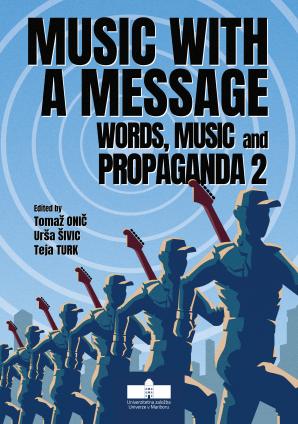Fighting Words: an Overview of the History of Politicization of American Folk Music
Synopsis
American folk music is currently associated with the singer-songwriter, on stage with a guitar, articulating his or her views on topical issues of the day. This has not always been so. Throughout the nineteenth century and the first half of the twentieth, folk songs were largely apolitical and anonymous, although often referring to topical developments such as disasters, battles, and murders. The approach changed, however, with the arrival of seminal folk musicians like Pete Seeger and Woody Guthrie in the 1930s and 1940s. This chapter will explore the evolution of political folk music from the American Revolutionary War (1775– 1783) up to the early 1960s. The focus will be on songs that refer to key political events and take a clear stand on the issue at hand, including the American Civil War, Slavery, the Great Depression, and the Civil Rights Movement.







